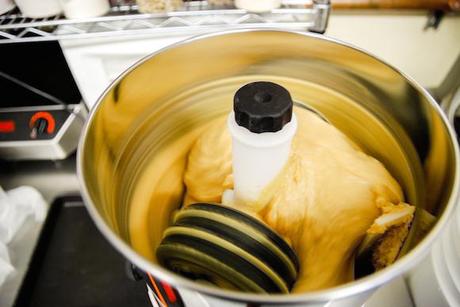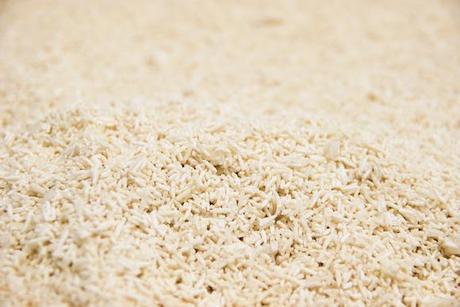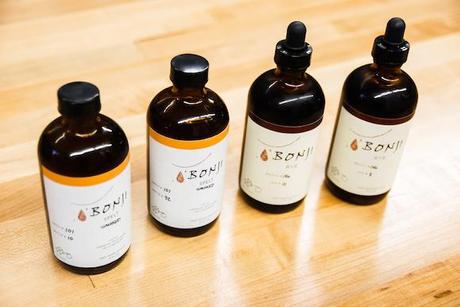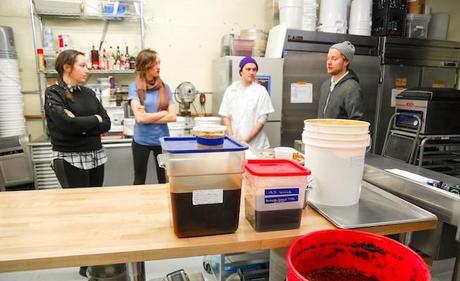 I recently wrote about the Momofuku Restaurant Group's new venture Kaizen Trading Company after visiting the operation in New York City. The piece is up on America's Test Kitchen's blog, and Eater picked it up because it's the first article to really state what KTC does. David Chang, founder of Momofuku, tweeted it out, too, which I have to say felt pretty cool. Click here for the full story, but here are some images from it and a short excerpt (after the jump).
I recently wrote about the Momofuku Restaurant Group's new venture Kaizen Trading Company after visiting the operation in New York City. The piece is up on America's Test Kitchen's blog, and Eater picked it up because it's the first article to really state what KTC does. David Chang, founder of Momofuku, tweeted it out, too, which I have to say felt pretty cool. Click here for the full story, but here are some images from it and a short excerpt (after the jump). What does Kaizen Trading Company make? Two products: Hozon, which stands for “preserved” in Japanese, and Bonji, which stands for “essence.” Hozon is a paste with a consistency somewhere between miso and hummus, and it’s made from fermented nuts, grains, or seeds. Bonji is a dark liquid made from single-variety fermented grains. Each method is derived from the tradition and lineage of miso or tamari making, but according to the KTC website “utilizes different ingredients and techniques to create an entirely new product.” Hozon and Bonji are “flavorful bases for seasoning soups and sauces, marinating meats and fish, braising proteins and vegetables, and finishing dishes.”
The photo above shows a grinder turning fermented grains flavored with chickpea into Hozon.

The starter (the base of some of the products) is Basmati rice, which takes on a starchy, white appearance about 36-48 hours after being inoculated with the fungus Aspergillus oryzae.

The labels are as attractive as the product is delicious.

Momofuku’s Rebecca Palkovics, America’s Test Kitchen’s Jill Fisher, and Momofuku Culinary Lab’s Jeff Stutsman listen to Momofuku Culinary Lab’s Product Development Chef Ryan Miller discuss Kaizen Trading Company’s production process.
For more, check out the full piece.
